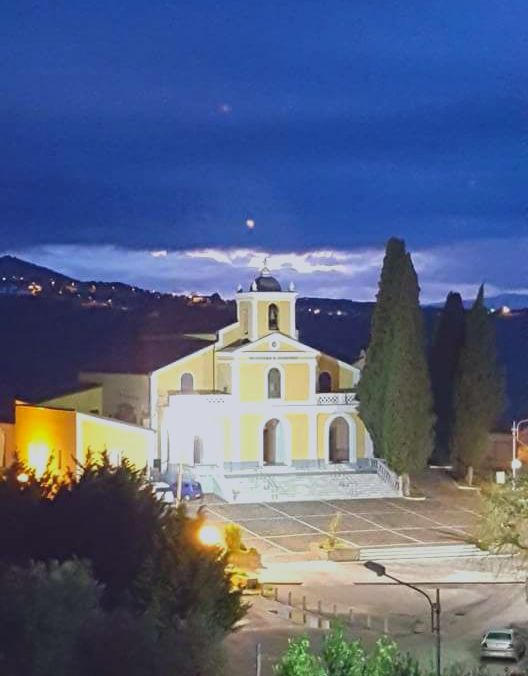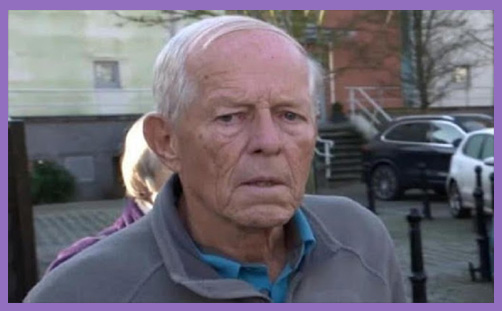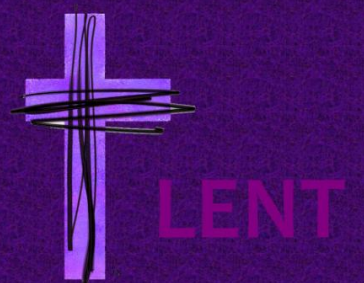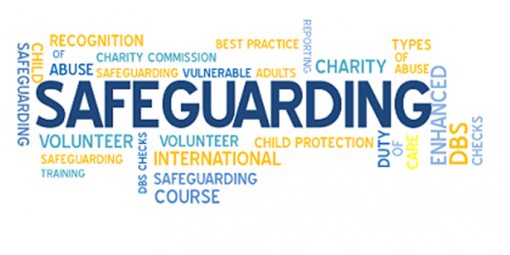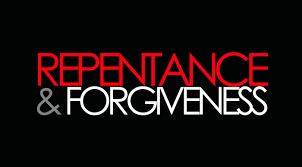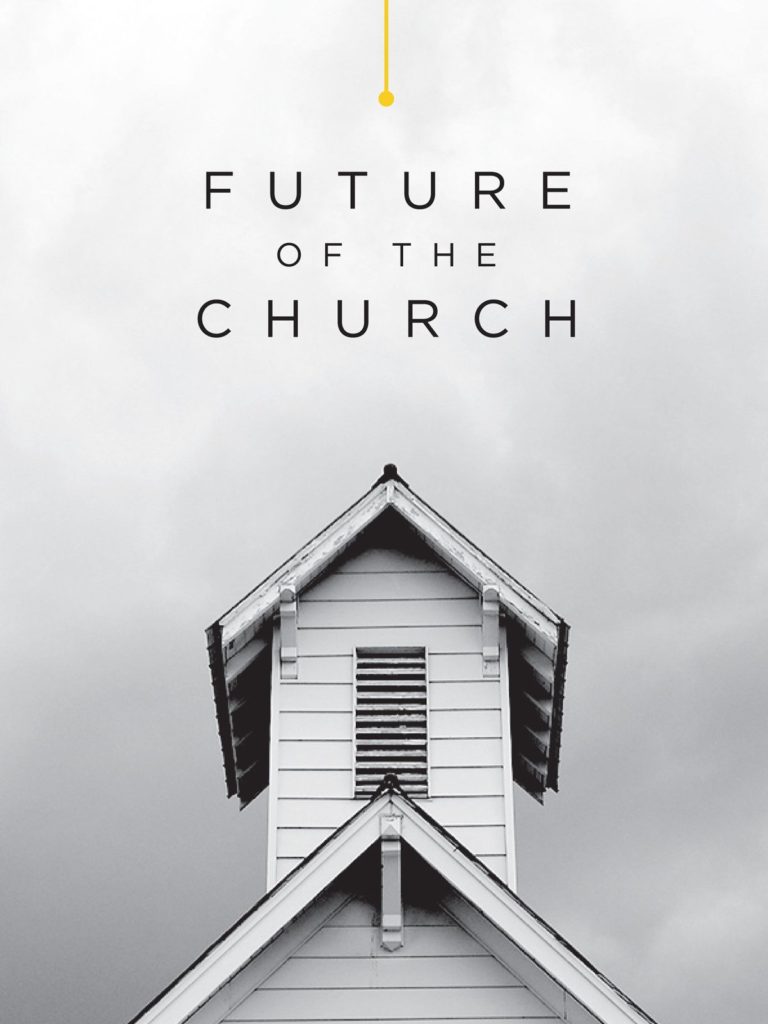
I have tried very hard on this blog to keep away from the subject of the coronavirus which is currently playing such a large part in our lives. But try as I may, the topic seems to creep in everywhere. We are even beginning to forget the routines we had before the COVID-19 first appeared. All our plans for the summer are on hold. In my case I am in the process of cancelling my plans to attend three conferences, a gathering with college friends and a trip to see family in Ireland. Life has drastically changed. But, compared to those who are actually sick, stranded on a cruise liner on the other side of the world, in a hostel in India with no money, I feel very fortunate. I am safely at home with my wife, with other family not far away.
It is not an exaggeration to say that the world will never be the same after this pandemic of 2020. The ways it will change will be fully charted by historians in the future. Some of the changes will be social but there will be many consequences emerging from the appalling economic damage that is being inflicted on all the advanced societies of both East and West. The economic effects of a possible full-blown slump on our society will reach into every aspect of our lives. With falling stock-markets comes decreased wealth in society as a whole. Lack of wealth involves less money being spent, less trade and higher unemployment. All these point to greater poverty in the future. With poverty comes the possibility of greater destitution and want among the least fortunate.
The Church will be caught up in the negative economic maelstrom like every other institution. The gloomy part of this blog post foresees tremendous financial problems for the Church in the next ten to twenty years. Since the beginning of the century, one has felt that the Church of England has been like a ‘zombie’ company. The income/expenditure balance in the dioceses are very finely tuned. When a serious economic shock comes along, the zombie company is the one that is revealed to have been trading insolvent for some time. That is the situation we seem to have with the Church of England. Many, if not most, of the dioceses have been in, or close to, a deficit situation. The central body managing the considerable resources of the Church Commissioners appears to be relatively healthy, even though its capital assets will have recently shrunk in value as for everyone else. The Commissioners are however not responsible for paying for the day to day expenses of the dioceses and parishes. Most of the Commissioners’ money is earmarked for national church bodies, clergy pensions, cathedrals and the bishops. The 44 dioceses raise most of their money from the quota paid by the parishes. This money is then used to pay the clergy and their housing and pension costs. In all, the yearly average ‘cost’ of each stipendiary clergyperson is £60 –£65,000. The problem has been that some parishes around the country for some time have been unwilling/unable to pay the quota that has been requested of them to pay. In some cases, they are under the impression that if they don’t pay, it will be made up for by central funds. The best that the Commissioners have been able to do is sometimes to meet diocesan deficits with loans. In certain cases, dioceses have been reduced to desperate measures like selling capital assets or keeping posts unfilled for long periods. To summarise, the financial state of many English dioceses has been fragile for a number of years. It is possible that, that because of the current financial crisis, the entire parish system may be about to fall apart. The threat of insolvency hanging over many dioceses may be impossible to avert. When there is no money to pay the clergy, the parish system breaks down completely. This will not happen overnight, but it could become a reality over a ten to twenty year time frame.
I have been painting a grim prognosis for the Church of England in view of the current economic shock to our country being caused by the pandemic. When we move away from falling stock markets and rising unemployment to other aspect of the pandemic, I do see some signs of hope for the Church. One of the most hopeful aspects of the current shut-down has been the flowering of good neighbourly behaviour in many communities. Normal British reservation has given way to expressions of genuine neighbourly concern. Church people have always been at the forefront of Good Neighbour schemes and now that this spirit is active and flourishing throughout society, it could be the future role of church people to keep that flame alive permanently. It should not take a national crisis to alert people to the need to care for isolated neighbours. We can however hope that, as a nation, this crisis has made us a little kinder and more considerate to others.
The second cause for hope is being found paradoxically in the midst of the fact that all our church buildings have been temporarily closed. Social isolation has already created, in society generally, a new readiness to experiment with online communication with others. In my family we are starting to use Skype and Zoom and there is an Apple programme which enables my wife to play board games with our 4 year-old granddaughter in Belfast. This technology seems to be catching on among Christians as they come to terms with their closed buildings. A lot of our older church people will protest and say that this technology is not for them, but I can see that streaming church services into the home is something people will become more and more accustomed to and eventually accept. One really positive advantage is that it may have the effect of raising the quality of worship and teaching. The online congregation have the option to switch off! Also, there would be needed in a possible post-parish situation, something to supplement this domestic form of worship. There could be large gatherings in a local town centre, perhaps the same place where people go for a supermarket shop. I would envisage that this would provide the opportunity to sing together, to pray and to share food with fellow Christians, perhaps monthly. I know that some people are frightened by large gatherings of Christians and they shrink from what they fear may become revivalist events. I see no reason for this to be an obstacle. Those who would be authorised to lead these large gatherings and area worship would need to be sensitive to the variety of spiritual needs that are represented among the people present. Not everyone wants the culture of Holy Trinity Brompton, particularly in the more rural areas of the country.
In a phone call with a self-isolating clergyman, I learnt that in a multi-parish benefice in the Salisbury diocese, more people had tuned into a virtual service via Zoom than had ever appeared in the flesh for a similar event. A lot of experimental work will have to be done. But let us hope that the post-virus, possibly post-parish Church will never need to descend to doom and gloom. The churches will change. They may change radically, but somehow I am hopeful that people will find new ways to practise their faith in a way that is economically affordable and spiritually valuable. This will enable Christians to play a full part and serve a society as it tries to recover from the current economic devastation that threatens all our lives.

